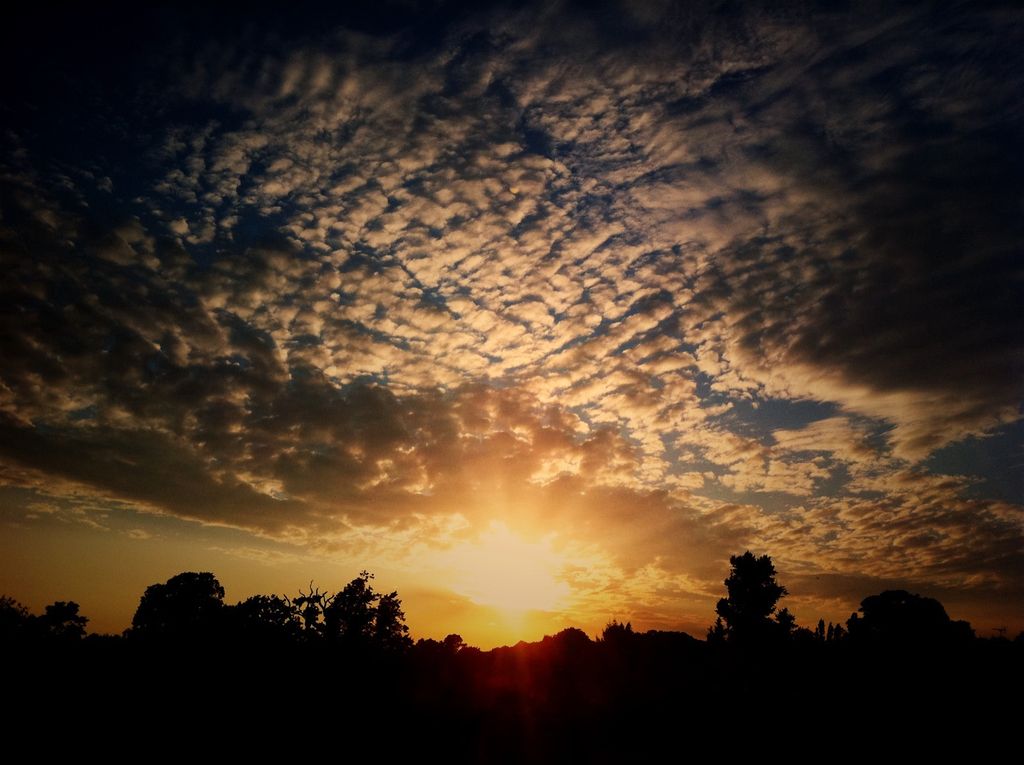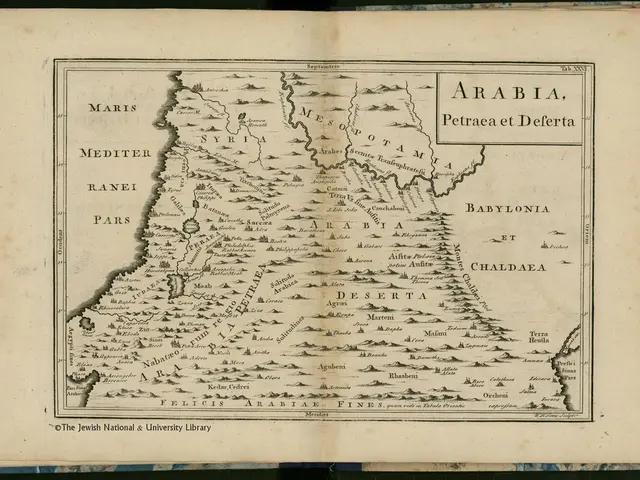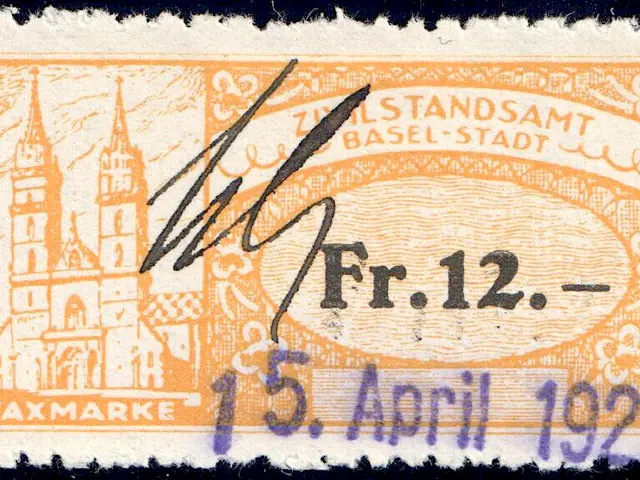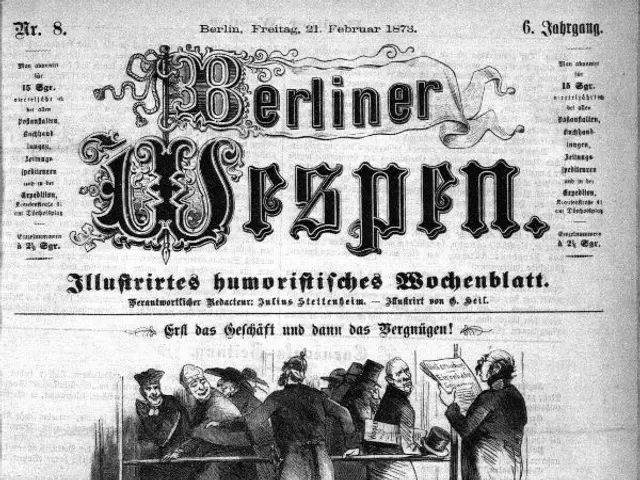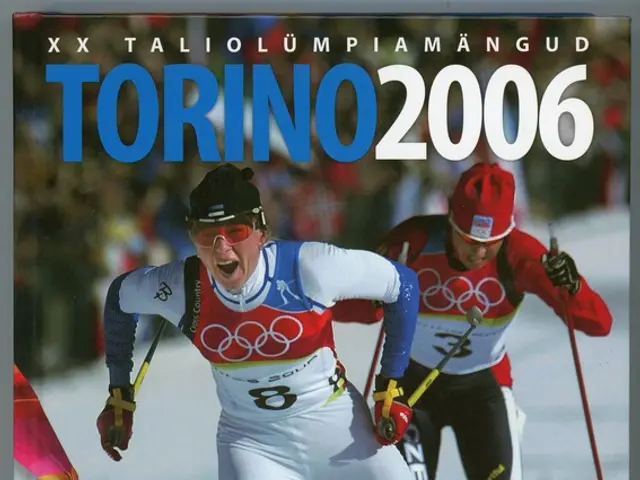International Atomic Energy Agency Head Expresses Deep Concern Regarding Iran's Uranium Enrichment Activities
The International Atomic Energy Agency, or IAEA, is sounding the alarm bell, expressing rising worries about Iran's nuclear ambitions. IAEA Director-General Rafael Grossi is especially worked up about Iran's accelerating production of near weapons-grade uranium.
At a meeting with the IAEA's Board of Governors, Grossi conveyed his "major concerns," warning that the amount of uranium at this enrichment level in Iran's arsenal is a significant cause for concern, as Iran is the only state without nuclear arms crafting such material in such quantities. In a subsequent press conference, Grossi pressed Iran to attend to the IAEA's questions regarding unclear nuclear projects, imploring Iran to provide complete and sustained cooperation with the IAEA.
Fueling this urgency, Germany, France, the UK, and the United States want to express their concerns this week at the Board of Governors by passing a resolution declaring Iran's violations of its lawful obligations to the IAEA. Should Iran persist evading cooperation, the United Nations Security Council may potentially be brought into the fray during the summer.
However, Iranian officials, grappling under mounting Western pressure, have conveyed potential repercussions and maintained their stance that they have no intention to launch a nuclear weapons program. Despite this, the IAEA insists that Iran fostered a program to develop nuclear weapon components until the turn of the millennium. Even post this phase, there remained lingering sub-projects which might be pertinent in this field, as Grossi later told journalists.
Although the IAEA does not claim that a nuclear weapons program is operational now, it warned that it can't ensure that all nuclear activities in Iran are dedicated strictly to peaceful purposes.
[Reference]- ntv.de- dpa
Additional Insights:- The IAEA's latest comprehensive report, released on May 31, 2025, examines Iran's non-compliance with its Nuclear Non-Proliferation Treaty (NPT) safeguards obligations and mentions unresolved issues relating to undeclared nuclear material and activities across multiple locations [1][3][4].- Iran has drastically upped the production and accumulation of uranium enriched to 60% purity, an alarming concentration just shy of weapons-grade material. According to the IAEA's calculations, Iran's current stockpile could be further enriched to produce an estimated six nuclear weapons [2][3].- Three of the four sites the IAEA probed, where Iran pursued nuclear activities clandestinely, were found to be part of an undeclared structured nuclear program in the early 2000s. Furthermore, some activities involved undeclared nuclear material [1][4][5].- The IAEA has reiterated that despite the lack of credible evidence of an ongoing undeclared structured nuclear program, Iran has held onto undeclared nuclear material and other assets from its earlier program [3][5].- The IAEA has emphasized the urgency of addressing Iran's non-compliance with its safeguards obligations, supports ongoing diplomatic negotiations aimed at restoring Iran's compliance with its safeguards agreement, and encourages collective action and diplomatic pressure from member states to tackle remaining safeguards issues [2][5].
- The IAEA's Director-General, Rafael Grossi, emphasized the need for Iran to cooperate with the IAEA regarding unclear nuclear projects and to adhere to its employment policy of transparency, given the potential consequences for both science and general-news.
- Amidst growing concerns over Iran's uranium enrichment, it is crucial for community policy and politics to prioritize diplomatic measures, as suggested by the IAEA, to ensure that medical-conditions remain separate from political turbulence and military conflicts, as highlighted by the IAEA's latest report.
